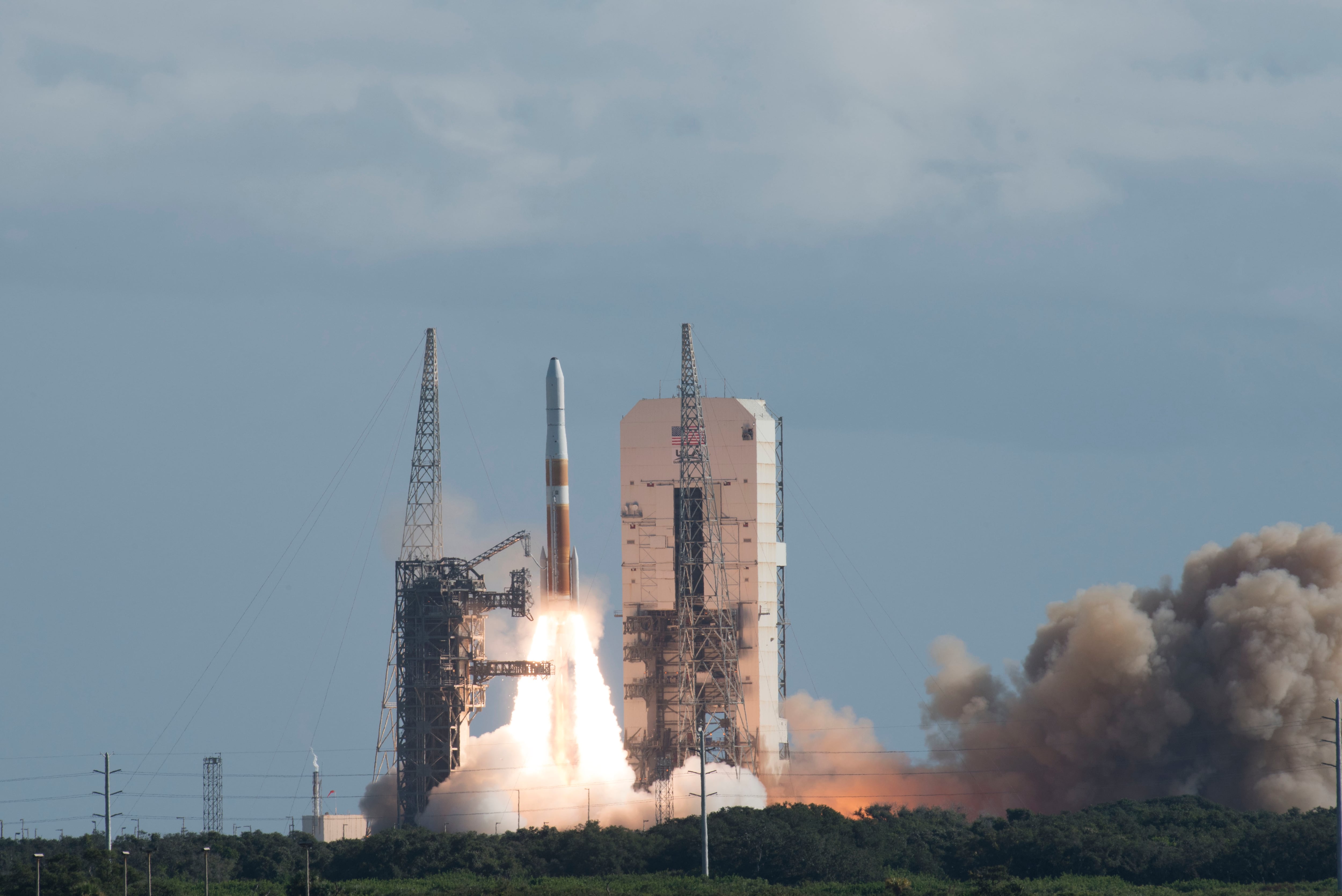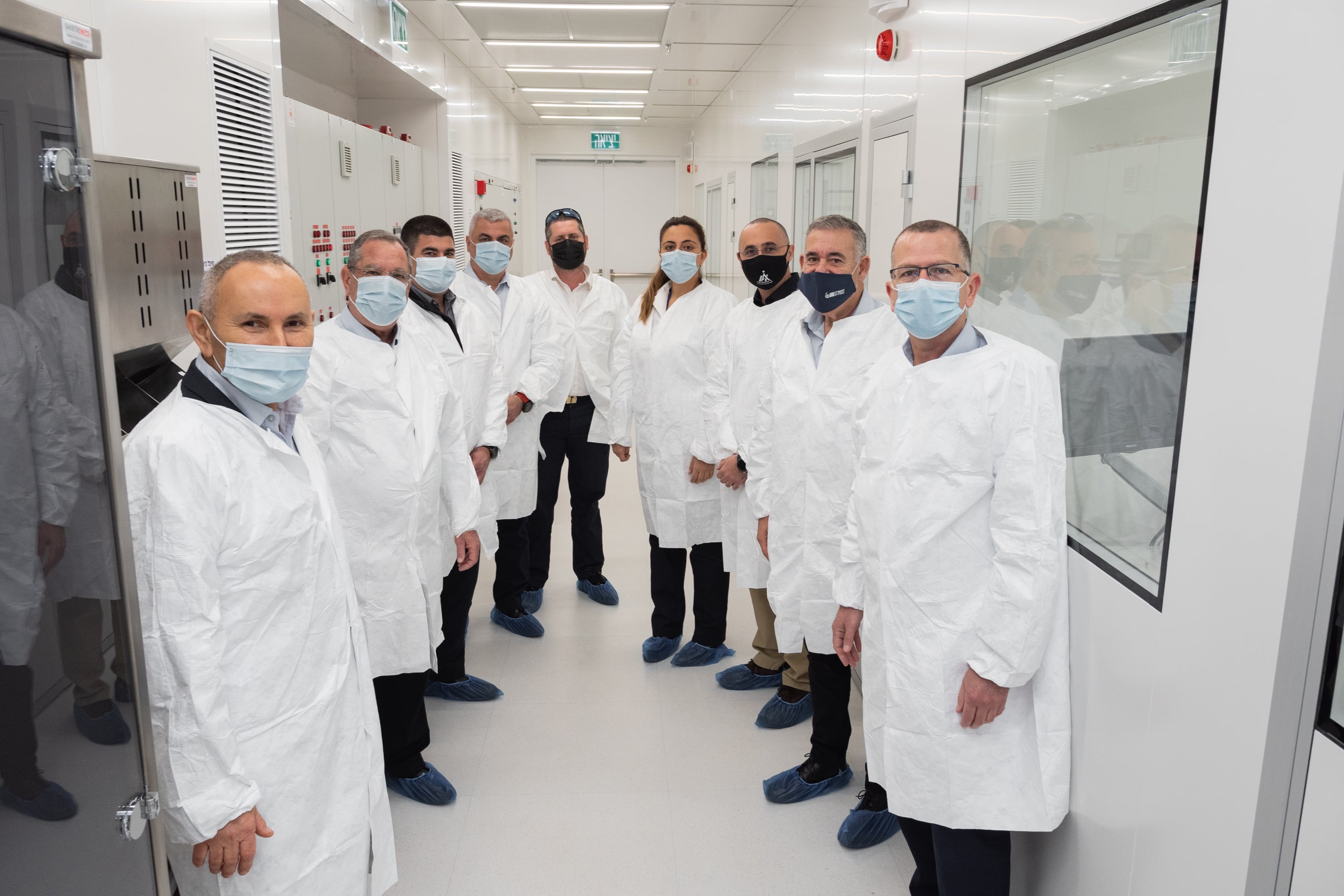JERUSALEM — Israel’s Ministry of Defense and Israel Aerospace Industries opened a new research center to develop navigation systems that don’t rely on easily disrupted GPS.
As militaries across the world work to provide stronger GPS signals and alternatives, the Advanced Navigation Technology Center will manufacture highly accurate inertial sensors.
“These sensors will enable the production of next generation navigation systems, and will significantly increase their performance and capabilities,” a March 10 ministry statement said.
Brig. Gen. Yaniv Rotem, head of research and development at the ministry’s Directorate of Defense Research and Development, said the center will aid Israel’s technological independence.
The goal is to field an independent solution for navigation that can go longer periods of times, through all its missions, without using GPS.
Avi Elisha, general manager for IAI’s division for electro-optical and navigation systems, said the center will use the company’s unique technologies. “Only a handful of countries have this technology, which is a game-changer in the field of inertial navigation.”
Beyond helping in GPS-denied environments, IAI systems and sensors that work without satellites also provide more accurate navigation, offering the measurements of a gyroscope and from sensors that track acceleration and distance traveled, according to Zalman, head of technologies and research and development at IAI’s navigation division. The state-owned company did not provide his full name for security reasons.
In contrast, he pointed out that satellites don’t provide physical dimensions, just measures from space. “If there is a rocket launcher or tank or missile, you need to know the azimuth [measurement] to move the turret or elevation of the gun to fire, so navigation gives you the azimuth and roll and the altitude,” he said. “When you fire something, you need navigation regardless of GPS because it gives you altitude to fire a rocket or missile or point the gun to a specific target, so that is the advantage of an inertial system.”
RELATED

The navigation research center, initiated several months ago, is working on classified unnamed technology developed over the last decade. “This technology will enable a range of performances with more accurate sensors, smaller and higher reliability and higher accuracy,” Zalman said.
He pointed to the increased threat from drones used as GPS jammers.
“If you want to use unique applications you can’t rely on GPS,” Zalman said.
IAI predicted that the new technology will overcome size and weight limitations that affected other inertial navigation systems, and will have the needed tactical accuracy. The goal is to replace existing navigation sensors with the new technology in the next 15 years.
Seth J. Frantzman is the Israel correspondent for Defense News. He has covered conflict in the Mideast since 2010 for different publications. He has experience covering the international coalition against the Islamic State group in Iraq and Syria, and he is a co-founder and executive director of the Middle East Center for Reporting and Analysis.








